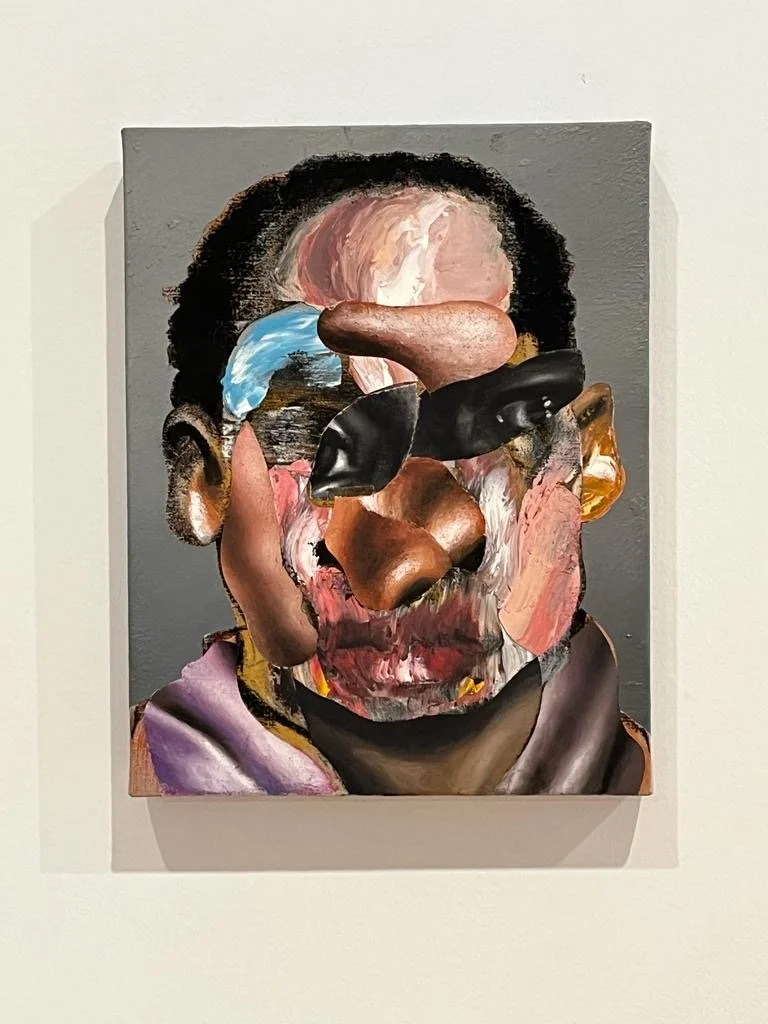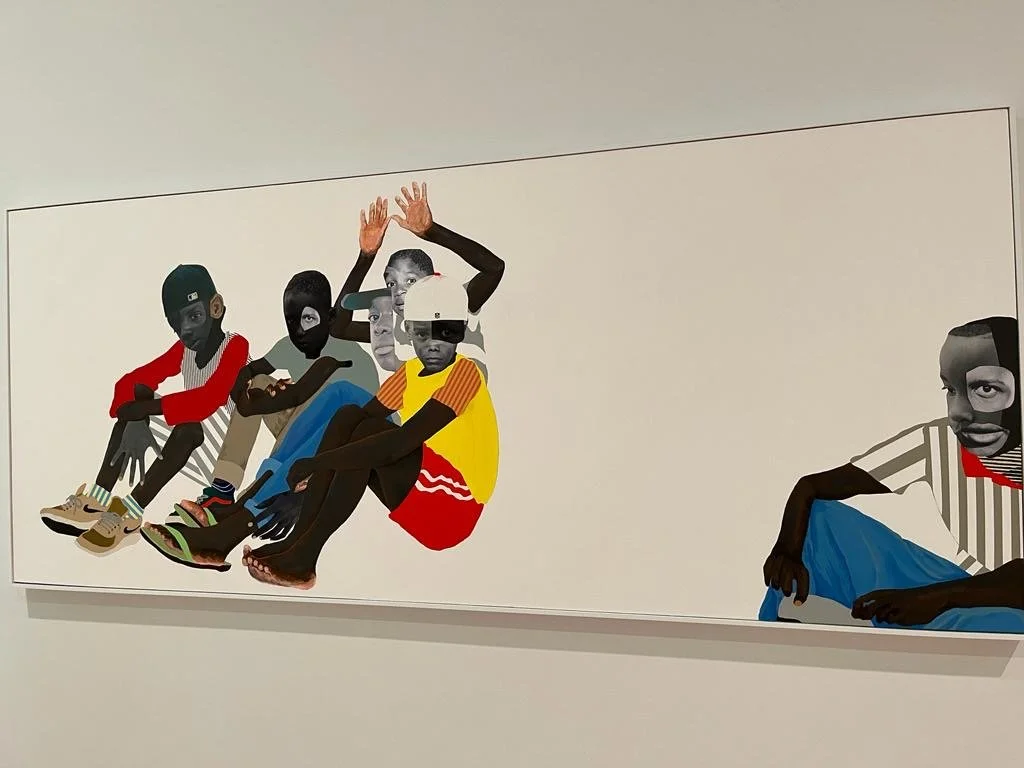Select Courses
Migration and Mobility in Global Literature and Cinema
(Fall 2024: UMass Amherst)
Much like the twentieth century, the twenty-first century has witnessed a massive growth in human migration across the globe due to uneven developmentalism, neocolonial capitalism, ecological catastrophes, authoritarian nationalisms, and genocides. These experiences also signify a body of shared cultural, social, and literary practices. These practices are living archives of historical struggles and testimonies to forms of life that are routinely marginalized and dehumanized by power structures.
In this course, we will examine the vulnerability and precarity engendered by increasing large-scale migration in the South Asian, Asian American, and African American contexts. Through concepts such as belongingness, nostalgia, nationalism, and multiculturalism, we will explore how experiences of displacement get shaped by racial, religious, and gender identities.
Image Detail: Doreen Lynette Garner's I’d Rather the Viscera of Me Floating on the Surface of the Sea Than Be Dragged Into Hell by Those Pale and Free (2022)
Credit: Shwetha Chandrashekhar
Site: The New Museum, New York
World Literature and the Problem of the Human
(Fall 2023: UMass Amherst)
How do histories and narratives of colonialism and racial capitalism shape our understanding of the notion of the human, non-human, and subhuman? How do literary, cinematic, and media representations highlight the limits of discourses around human rights, freedom, and diginity? How can we draw connections between the older institutions and practices of subjugation such as colonial slavery and imperial expansion and the modern forms of inequality and exploitation engendered by neoliberal corporate expansionism, resource extraction, and ecological degradation?
In this transhistorical and interdisciplinary course, we will analyze Anglophone novels, essays, paintings, and films to trace the roots of racial and colonial violence. These examinations will help us knit together nineteenth-century and twentieth-century engagements with humanism, humanness, and humanitarianism and contemporary debates about decolonization, anti-racism, and multiculturalism, thereby paving the way for a reimagination of the connection between the human and the world.
Image Detail: Nathaniel Mary Quinn’s The Gray (2021)
Credit: Shwetha Chandrashekhar
Site: Buffalo AKG Art Museum, Buffalo
Gender, Sexuality, and Race in Coming-of-Age Texts
(Spring 2023: UMass Amherst)
In the United States, everyone knows what “coming of age” looks like. Films, TV series, and other media have tried their best to define and capture this phenomenon. But do childhood, adulthood, or youth mean the same thing across cultures and communities? How do norms around gender, sexuality, race shape and at times disrupt the process of coming-of-age?
In this course, we will work with fictional and non-fictional texts that bring to light the unevenness of this process by underlining the racial, economic, religious, and gendered struggles and tensions in the context of the United States, South Asia, and Africa. We will explore keywords such as “girlhood,” “boyhood,” “queerness,” “blackness,” and “selfhood” in order to arrive at a better understanding of coming of age, especially from a twenty-first- century global perspective.
Image Detail: Deborah Roberts’s That One (2018)
Credit: Shwetha Chandrashekhar
Site: Buffalo AKG Art Museum, Buffalo


